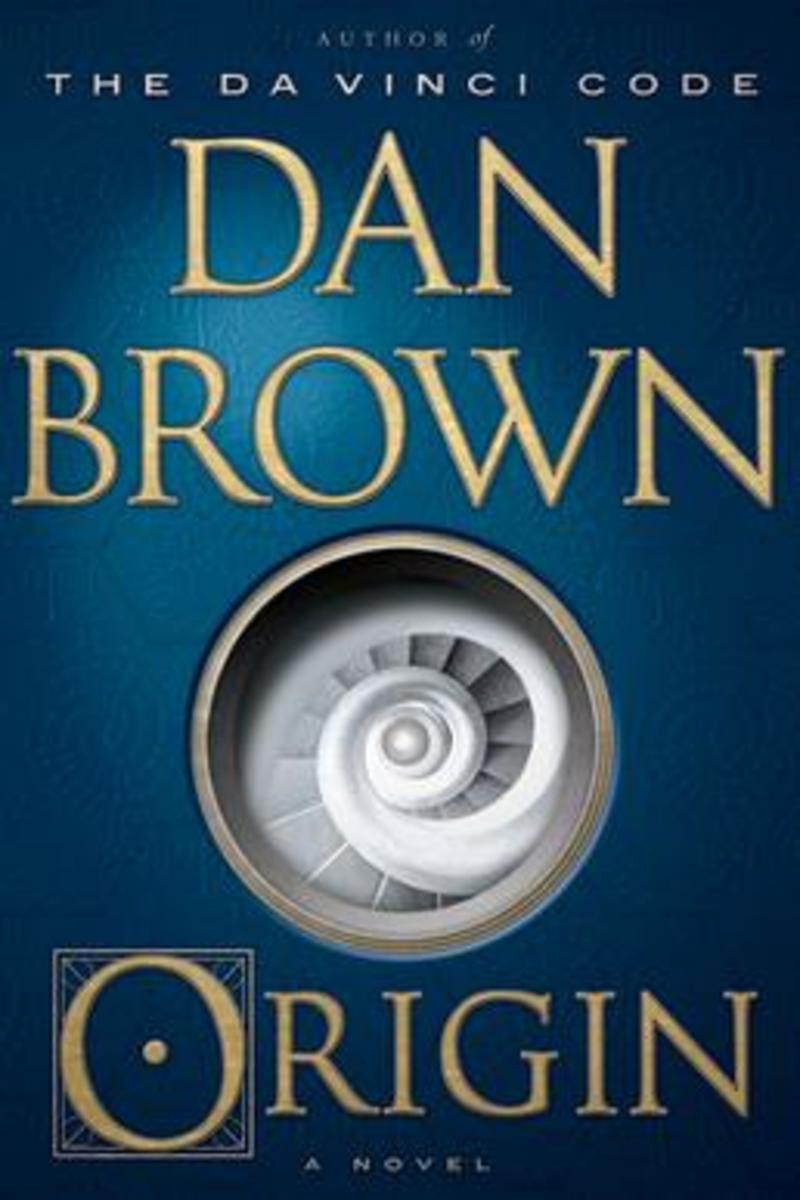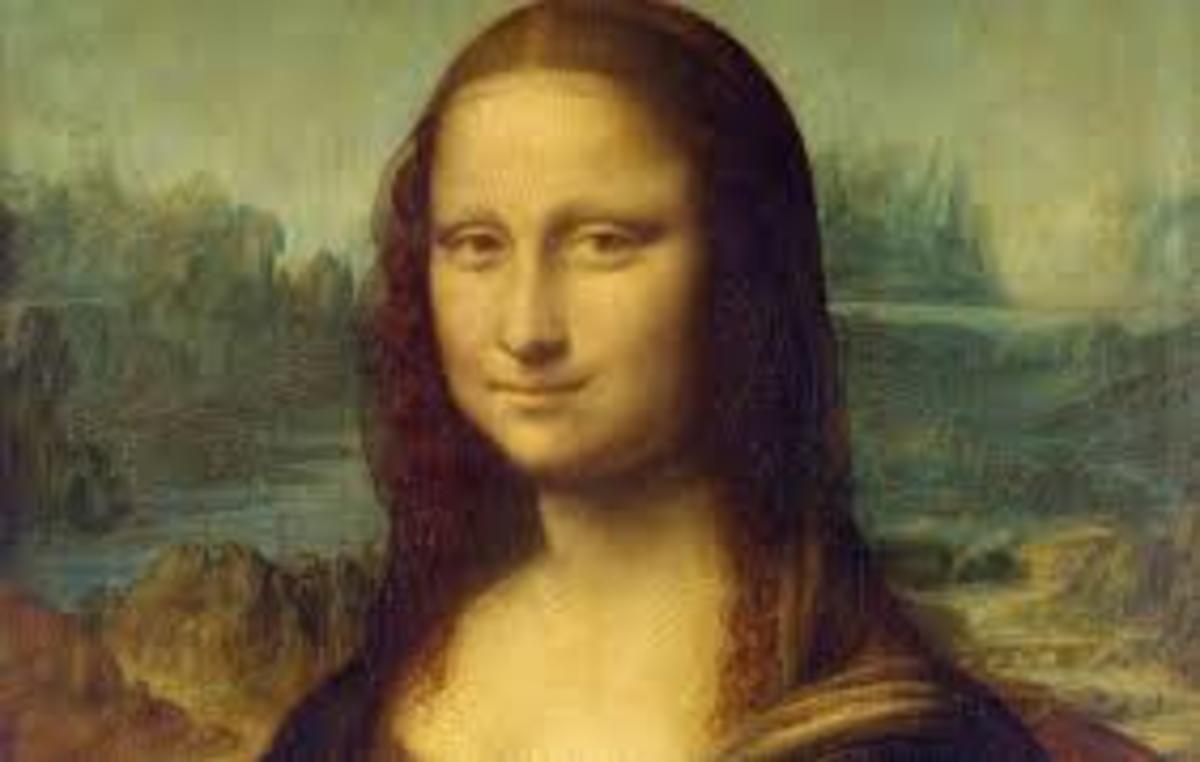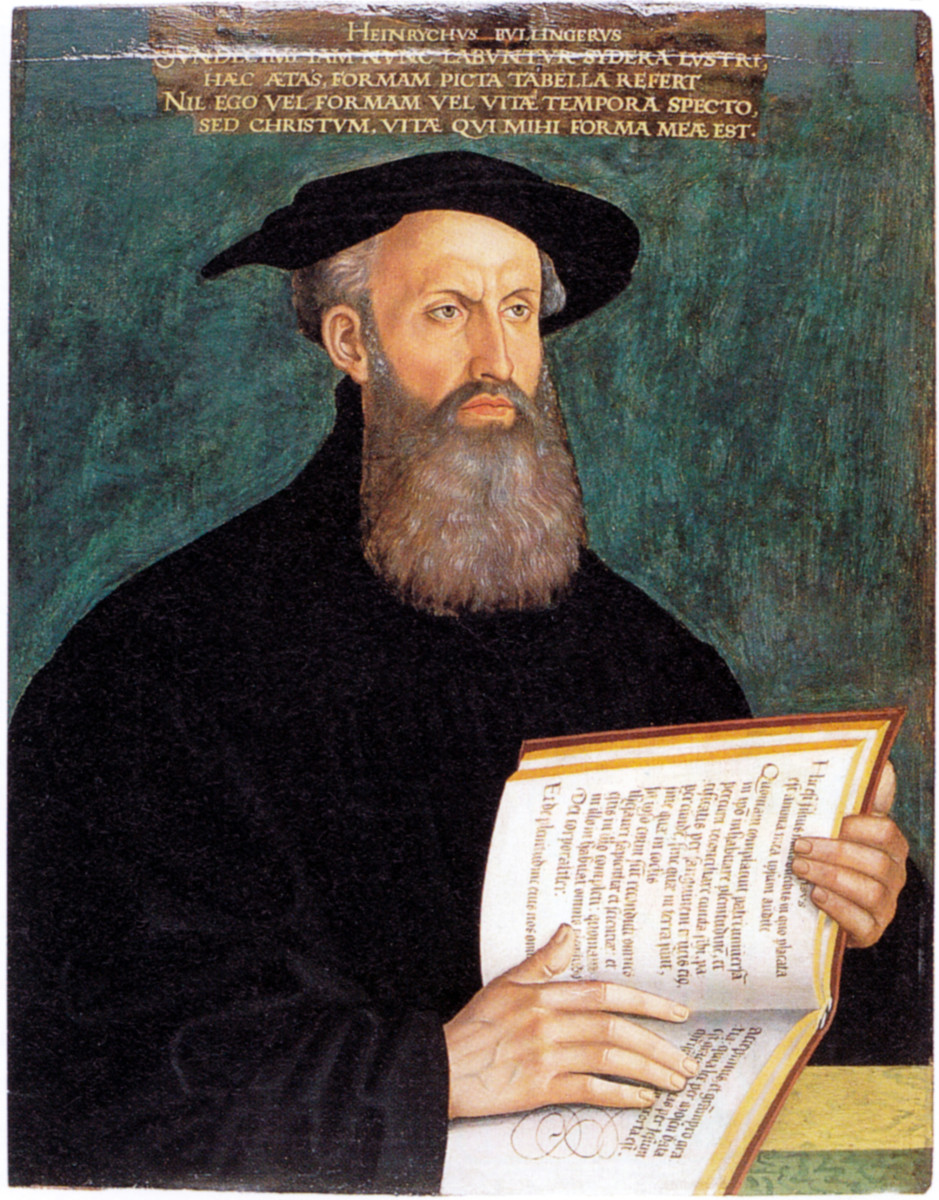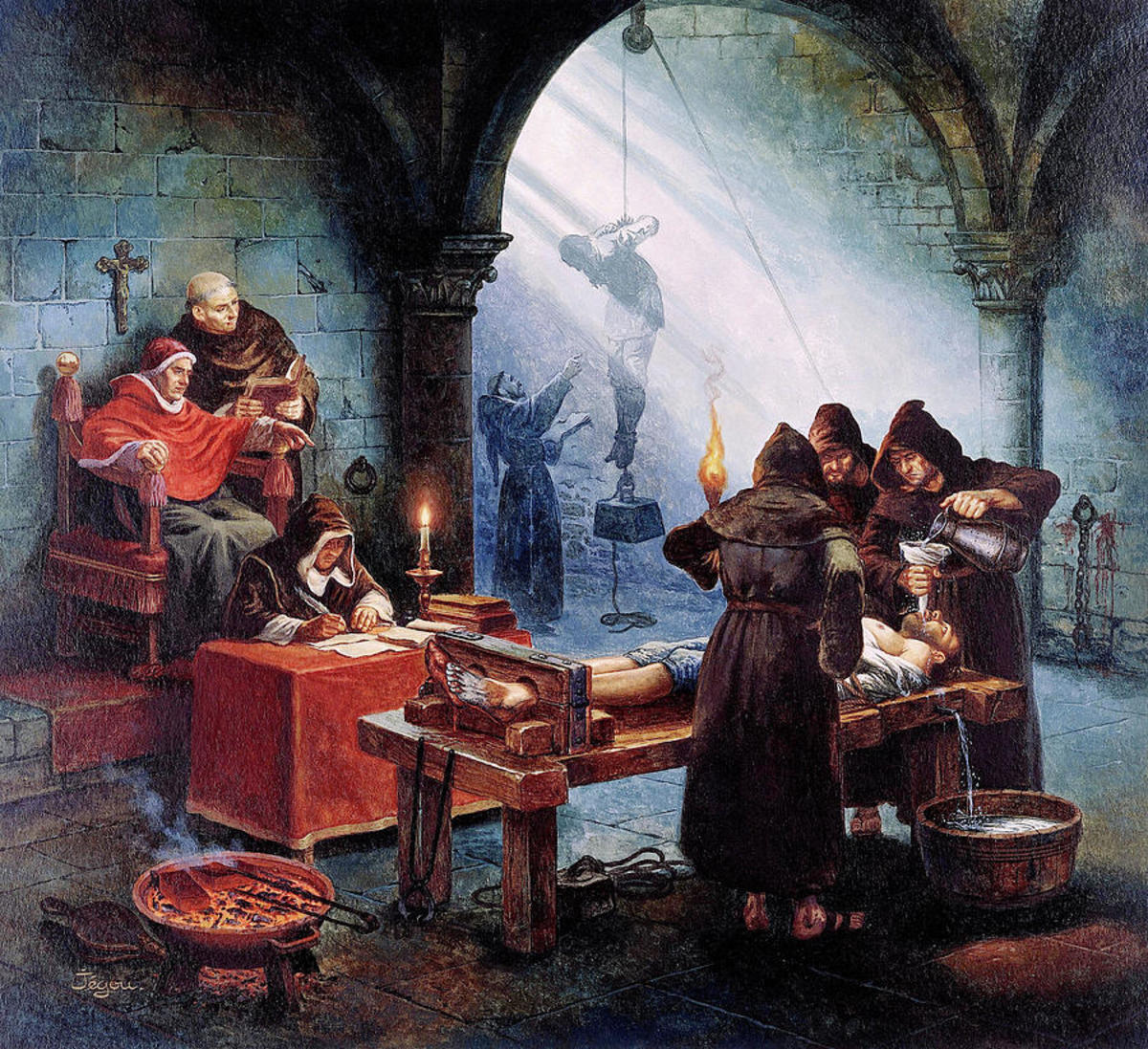Religious Fiction - Dan Brown
When you think of Dan Brown, you probably think conspiracy theory, but he is also noted for writing within the genre of religious fiction. He focuses mainly on the Catholic religion, often delving into the conspiracies and secrets of the church. Although all of his books deal with some kind of conspiracy plot, his two most well-known novels, Angels & Demons and The Da Vinci Code, focus around conspiracy theories of the Catholic Church.
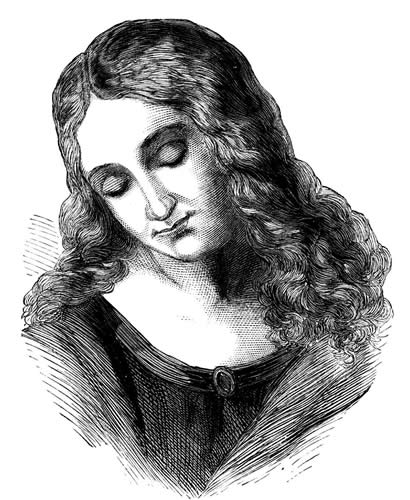
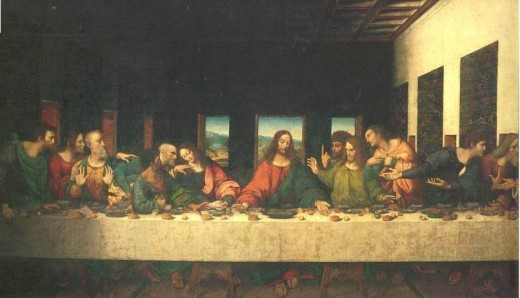
The two novels are based on the same character, Robert Langdon, a professor of Religious Symbology at Harvard University. Through wit and chance circumstance, Langdon unravels ancient mysteries and gains access to some of the world’s most sacred, religious areas.
Dan Brown is often considered someone who is anti-Christian, but if you really read his books, I don’t think you can believe this to be true. Although his ideas are controversial, and play upon the idea that the Catholic Church keeps a lot of secrets and has hidden agenda, I’m sure almost every Catholic must admit that these suggestions are not entirely far-fetched.
Personally, as someone who was baptized Catholic but chose to follow other spiritual paths, I found Dan Brown’s religious fiction books interesting. Putting a critique of his writing style and ability aside, the forces behind his stories are thought provoking.
For those who don’t know how to find their place in a religious world, both Angels & Demons and The Da Vinci Code address two important issues: Science and Women. Angels & Demons tackles the Science v. Relgion debate, but Brown outlines the idea that Science and God are one, which is something that could bring the two belief systems closer together. The Da Vinci Code offers women a role in the story of Jesus, actually providing the idea of balance between man and woman.
Organized religion, and particularly the Catholic Church, has had a difficult time co-existing with the advances of science, and what these advances mean. At the same time, the political rights of women, in some parts of the country, have allowed women a form of independence and equality that hasn’t always been (and often still isn’t) encouraged by the Church.
Rather than attacking Dan Brown’s books as anti-Christian, people should focus instead on Brown’s ideas of making religion more accessible to everyone.
Once you get past the conspiracy and crime that structure all of Brown’s novels, you will see messages lying within the text that offer ideas about modern religion. The Catholic Church does need to advance with the times, and perhaps not take such a strong traditional role in regards to both Science and women’s rights.
If you want an entertaining read, and perhaps think about some new ideas, I suggest you give Dan Brown’s books a try. He isn’t Shakespeare, but he is an interesting writer.

